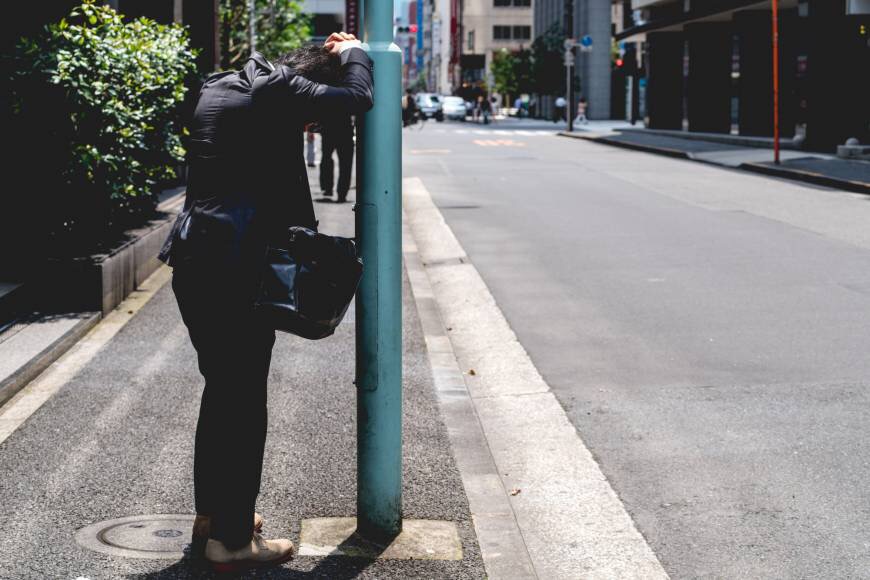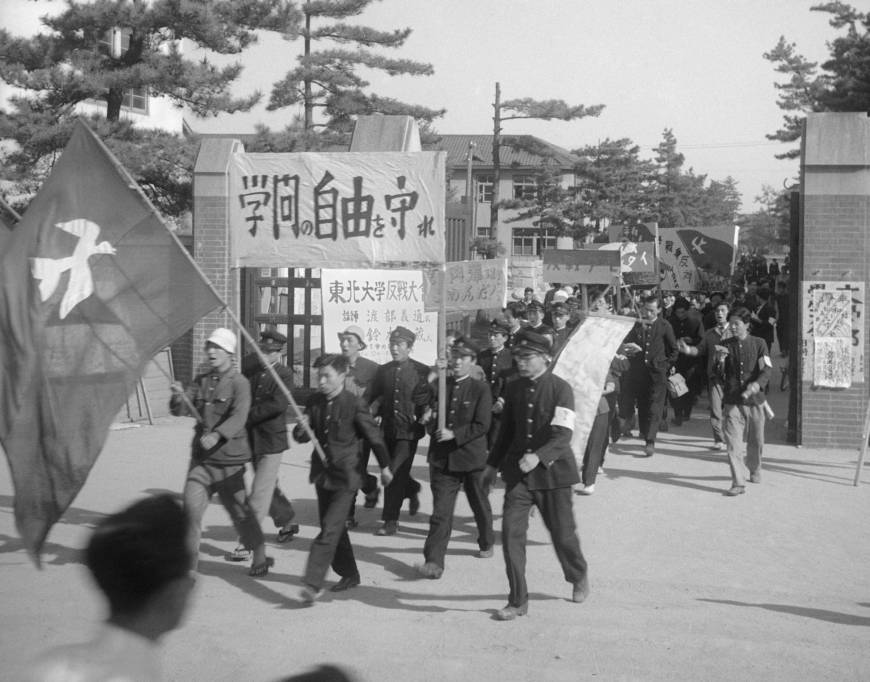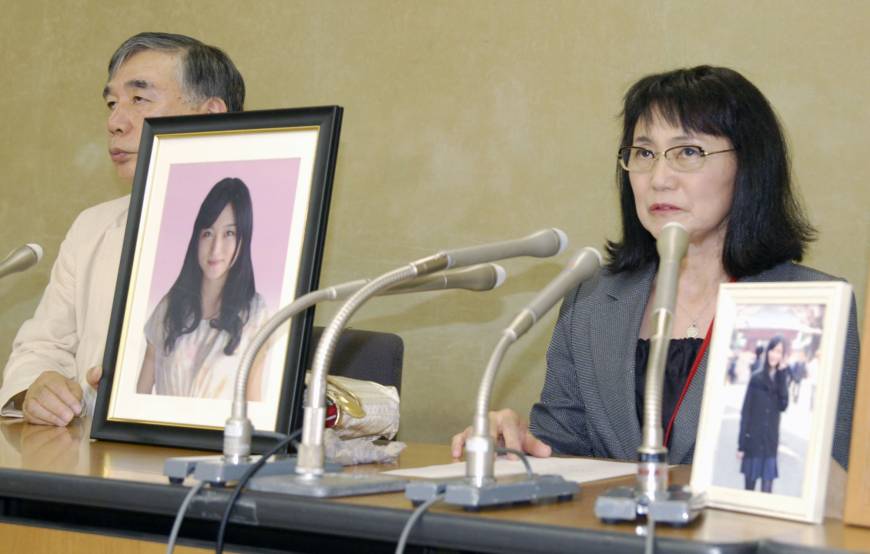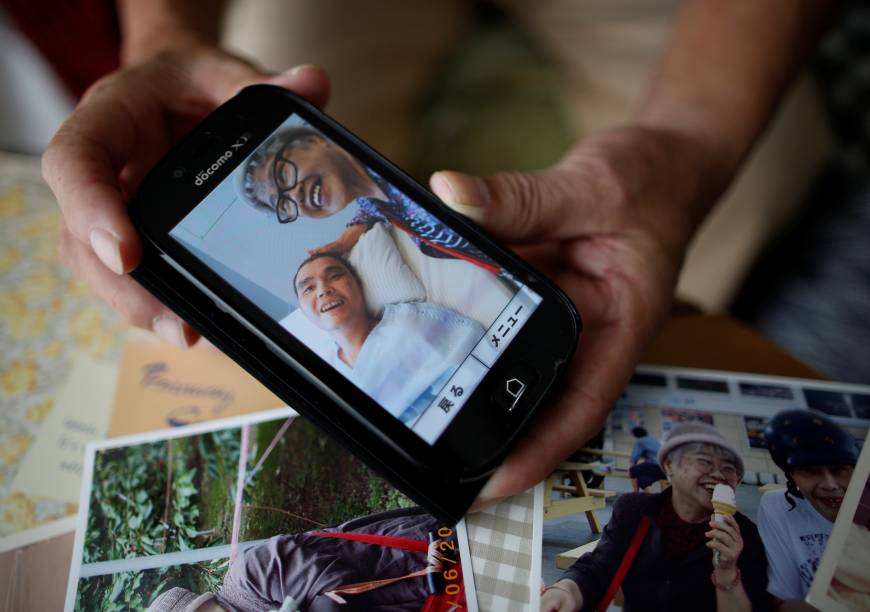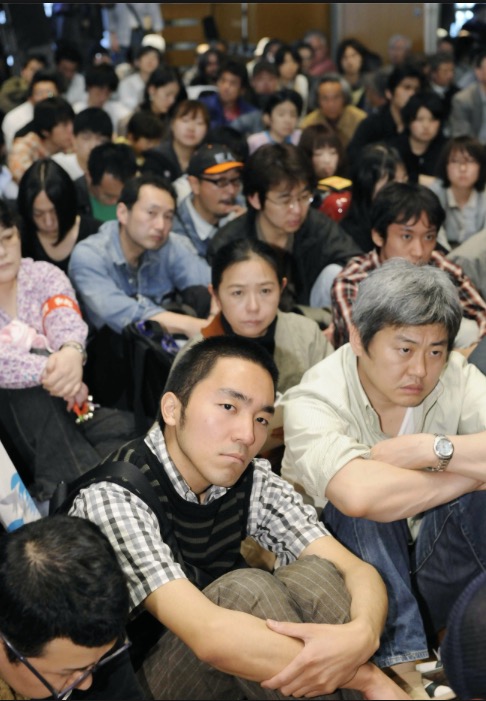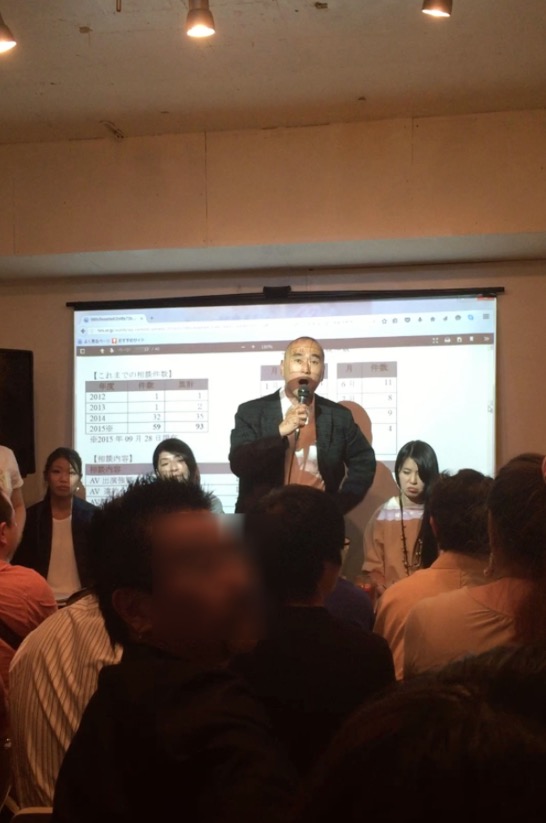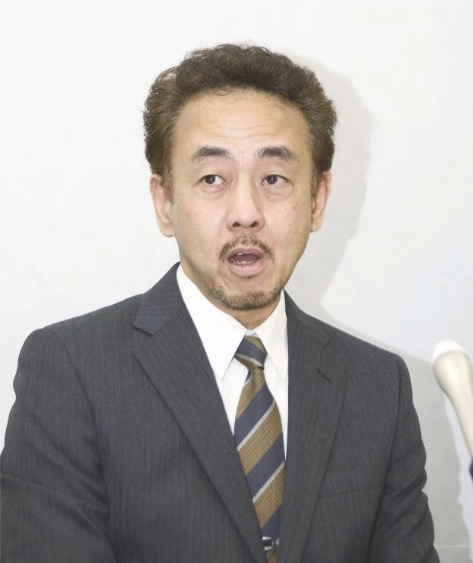The year 2016 was no walk in the park for workers nationwide. At one extreme, we have Matsuri Takahashi, a 24-year-old worker who felt she had no other choice but to take her life as a result of overwork.
In October, the Ministry of Health, Labor and Welfare released its first ever white paper on karōshi (death from overwork). The fact that the ministry can publish such a paper is a chilling reminder of the cruelty of the country’s workplace environment.

